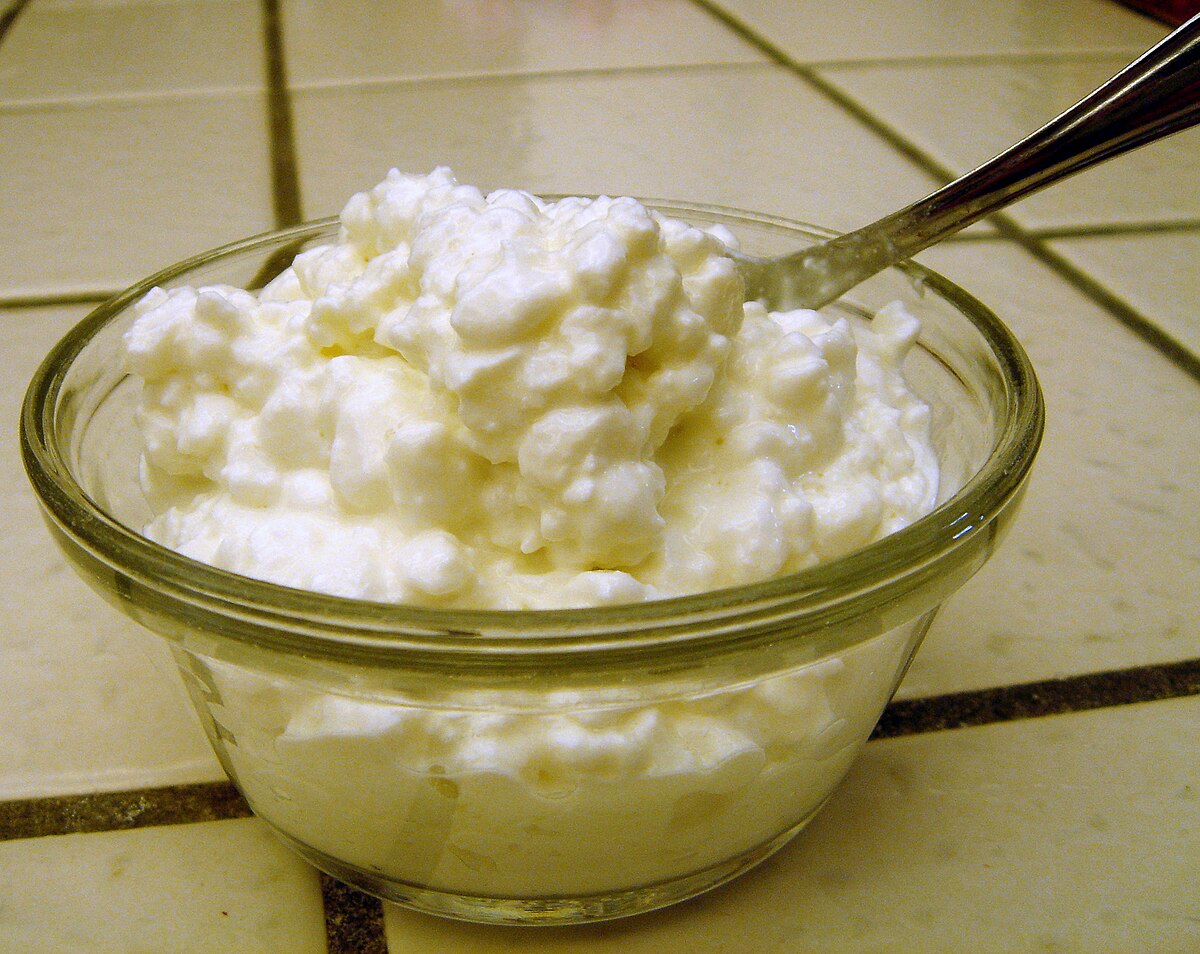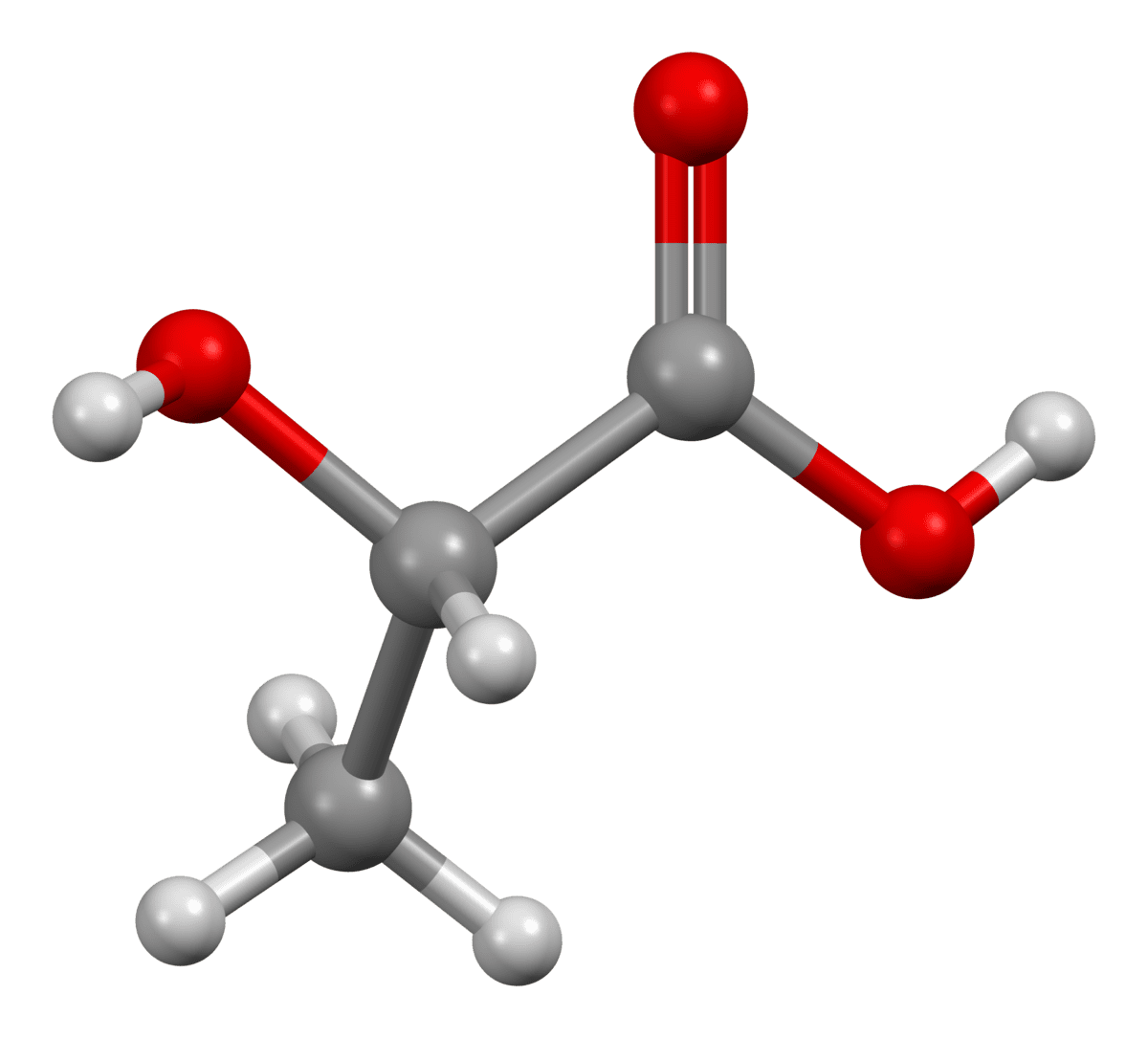Navigation
Install the app
How to install the app on iOS
Follow along with the video below to see how to install our site as a web app on your home screen.
Note: This feature may not be available in some browsers.
More options
-
By using this site you agree to the terms, rules, and privacy policy.
-
Charlie's Restoration Giveaway #2 (Entire Home EMF Mitigation & Protection Along With Personal Protection) - Click Here To Enter
-
Dear Carnivore Dieters, A Muscle Meat Only Diet is Extremely Healing Because it is a Low "vitamin A" Diet. This is Why it Works so Well...
Rest the rest of this post by clicking here
-
The Forum is transitioning to a subscription-based membership model - Click Here To Read
Click Here if you want to upgrade your account
If you were able to post but cannot do so now, send an email to admin at raypeatforum dot com and include your username and we will fix that right up for you.
You are using an out of date browser. It may not display this or other websites correctly.
You should upgrade or use an alternative browser.
You should upgrade or use an alternative browser.
Peat on Fermented Foods like Sauerkraut?
- Thread starter AinmAnseo
- Start date
Rinse & rePeat
Member
- Joined
- Mar 10, 2021
- Messages
- 21,516
He said to avoid foods like yogurt, cottage cheese, sauerkraut and such because of the lactic acid. He ate some cottage cheese, but rinsed his.
David PS
Member
I eat/drink fermented foods. Dr Peat spoke about fermented foods beginning at about 48 minutes into the interview linked below.
Try the bioenergetic search engine to find more Dr. Peat quotes on the subject.
In fermented foods, there are many, many antibiotic substances. One type of bacteria can very effectively kill and eliminate the bad bacteria. So if you're lucky, your fermented food can act like antibiotics and set things straight. But fermented foods are extremely variable and they can produce carcinogenic materials too, so it isn't always predictable.
Try the bioenergetic search engine to find more Dr. Peat quotes on the subject.
You mean rinsed it in water, if ......why?He said to avoid foods like yogurt, cottage cheese, sauerkraut and such because of the lactic acid. He ate some cottage cheese, but rinsed his.
Rinse & rePeat
Member
- Joined
- Mar 10, 2021
- Messages
- 21,516
To get rid of some of the lactic acid.You mean rinsed it in water, if ......why?
Rinse & rePeat
Member
- Joined
- Mar 10, 2021
- Messages
- 21,516
I listened to it and he did not recommend fermented foods, he explained why the caller was having good results from her probiotic supplement. He said “it is trial and error”, and said, “if your lucky” it can be helpful for some, but it is, “extremely variable and can produce carcinogenics”. He said it “CAN” have an antibiotic effect for some. He said nothing about it being healthy and to eat them everyday, and said nothing about the lactic acid side effects he warns against.I eat/drink fermented foods. Dr Peat spoke about fermented foods beginning at about 48 minutes into the interview linked below.
Try the bioenergetic search engine to find more Dr. Peat quotes on the subject.
mostlylurking
Member
I think your memory may be a little fuzzy about the cottage cheese part. Cottage cheese isn't sour with lactic acid like regular yogurt is. Peat was swashing off the "salad dressing" that the manufacturers had put on it. Peat couldn't find good plain old cottage cheese where he was living at that time.He said to avoid foods like yogurt, cottage cheese, sauerkraut and such because of the lactic acid. He ate some cottage cheese, but rinsed his.
Rinse & rePeat
Member
- Joined
- Mar 10, 2021
- Messages
- 21,516
He was rinsing the sourness from the cottage cheese…..I think your memory may be a little fuzzy about the cottage cheese part. Cottage cheese isn't sour with lactic acid like regular yogurt is. Peat was swashing off the "salad dressing" that the manufacturers had put on it. Peat couldn't find good plain old cottage cheese where he was living at that time.
“Cottage cheese is fermented. Like all dairy products, cottage cheese begins as milk. Adding enzymes or live, active cultures (probiotics) converts milk sugars (lactose) into lactic acid. The lactic acid separates the curds (the milk solids, fats, and proteins) from the whey (the liquid).”
“Lactic acid and carbon dioxide have opposing effects.” -Ray Peat
“Preventively, avoiding foods containing lactic acid, such as yogurt and sauerkraut, would be helpful, since bacterial lactic acid is much more toxic than the type that we form under stress.” -Ray Peat
View: https://youtu.be/RQET_8Aepfw?si=giIdp8dugVqgbl6b
View: https://youtu.be/-G25_kAO5Bg?si=QOFiTeFIZP53Jazb
View: https://youtu.be/581jh9sv3n0?si=GJsgEeua_UzDSui3
View: https://youtu.be/8ErddLqGZM4?si=94n3j-mt3rCOrTvt
“Since the 1930s, industrial cottage cheese has been manufactured using pasteurized skim milk,[11][12] or in more modern processes using concentrated nonfat milk or reconstituted nonfat dry milk.[11] A bacterial culture that produces lactic acid”

Cottage cheese - Wikipedia
“Casein is the majority and whey is the minority protein so the majority of the protein stays with the cheese. The whey drains away in the liquid but there isn't much. This method produces very little lactic acid and the little there is can be rinsed from the cheese.”
Cottage cheese
I tried Charlie's recipe for cheese and was pretty surprised at how easy it was. I didn't measure out the vinegar, just dumped some in and the casein clumped up just like that. Drained it, salted it, and ate it all still warm! I was looking around for some Peat friendly variations and found...
mostlylurking
Member
He was rinsing the sourness from the cottage cheese…..
“Cottage cheese is fermented. Like all dairy products, cottage cheese begins as milk. Adding enzymes or live, active cultures (probiotics) converts milk sugars (lactose) into lactic acid. The lactic acid separates the curds (the milk solids, fats, and proteins) from the whey (the liquid).”
“Lactic acid and carbon dioxide have opposing effects.” -Ray Peat
“Preventively, avoiding foods containing lactic acid, such as yogurt and sauerkraut, would be helpful, since bacterial lactic acid is much more toxic than the type that we form under stress.” -Ray Peat
View: https://youtu.be/RQET_8Aepfw?si=giIdp8dugVqgbl6b
View: https://youtu.be/-G25_kAO5Bg?si=QOFiTeFIZP53Jazb
View: https://youtu.be/581jh9sv3n0?si=GJsgEeua_UzDSui3
View: https://youtu.be/8ErddLqGZM4?si=94n3j-mt3rCOrTvt
“Since the 1930s, industrial cottage cheese has been manufactured using pasteurized skim milk,[11][12] or in more modern processes using concentrated nonfat milk or reconstituted nonfat dry milk.[11] A bacterial culture that produces lactic acid”

Cottage cheese - Wikipedia
en.m.wikipedia.org
“Casein is the majority and whey is the minority protein so the majority of the protein stays with the cheese. The whey drains away in the liquid but there isn't much. This method produces very little lactic acid and the little there is can be rinsed from the cheese.”
Cottage cheese
I tried Charlie's recipe for cheese and was pretty surprised at how easy it was. I didn't measure out the vinegar, just dumped some in and the casein clumped up just like that. Drained it, salted it, and ate it all still warm! I was looking around for some Peat friendly variations and found...raypeatforum.com
go here: bioenergetic search, search for Cottage Cheese.
listen closely:
kmud-090901-the-ten-most-toxic-things-in-our-food
00:51:14.500For example, Nancy's cottage cheese used to be natural cottage cheese, and the way cottage cheese was always made was to drain the curd and salt it, and draining it left the curd free of lactic acid. A couple of years ago, someone convinced the Nancy's yogurt people to start using what they call a dressing consisting of lactic acid and something else to give the cottage cheese a very long shelf life.
also this one:
04.29.19 Ray Peat Live, April 29, 2019 [613401165]
00:58:43.700I do not eat junk food, lots of vegetables, some fruits, bone broths, organic, everything organic, grass-fed. I do some milk. I do like cottage cheese, Nancy's brand organic, and butter, but just have these kind of things going on in the knees. With cottage cheese, you want to make sure it doesn't have added lactic acid because bacterial lactic acid is pro-inflammatory. Cottage cheese is very good if it doesn't contain added things. It'll say lactic acid right on the label if you don't want that.
-end paste-
My take: Evidently, some companies ADD LACTIC ACID to cottage cheese. But plain old cottage cheese does NOT have lactic acid as it was drained away with the whey so it is very good so long as things haven't been added to it.
Rinse & rePeat
Member
- Joined
- Mar 10, 2021
- Messages
- 21,516
I agree that when it blatantly has lactic acid on the label it is a no brainer, but any cottage cheese that has fermented to be sour is the second clue, it speaks to the bacteria that is used. I buy one that is not sour and I don’t have to rinse it anymore. I buy ricotta cheese made with a little vinegar and it is not sour. In any case to the point of this thread sauerkraut is a risk. I love sauerkraut, and I rinse and cook mine to enjoy it, kimchi too. For me it isn’t always about total avoidance, but instead, minimizing anything questionable or unhealthy in my foods.go here: bioenergetic search, search for Cottage Cheese.
listen closely:
kmud-090901-the-ten-most-toxic-things-in-our-food
00:51:14.500
For example, Nancy's cottage cheese used to be natural cottage cheese, and the way cottage cheese was always made was to drain the curd and salt it, and draining it left the curd free of lactic acid. A couple of years ago, someone convinced the Nancy's yogurt people to start using what they call a dressing consisting of lactic acid and something else to give the cottage cheese a very long shelf life.
also this one:
04.29.19 Ray Peat Live, April 29, 2019 [613401165]
00:58:43.700
I do not eat junk food, lots of vegetables, some fruits, bone broths, organic, everything organic, grass-fed. I do some milk. I do like cottage cheese, Nancy's brand organic, and butter, but just have these kind of things going on in the knees. With cottage cheese, you want to make sure it doesn't have added lactic acid because bacterial lactic acid is pro-inflammatory. Cottage cheese is very good if it doesn't contain added things. It'll say lactic acid right on the label if you don't want that.
-end paste-
My take: Evidently, some companies ADD LACTIC ACID to cottage cheese. But plain old cottage cheese does NOT have lactic acid as it was drained away with the whey so it is very good so long as things haven't been added to it.
“Cottage cheese is fermented. Like all dairy products, cottage cheese begins as milk. Adding enzymes or live, active cultures (probiotics) converts milk sugars (lactose) into lactic acid. The lactic acid separates the curds (the milk solids, fats, and proteins) from the whey (the liquid).”
Attachments
Rinse & rePeat
Member
- Joined
- Mar 10, 2021
- Messages
- 21,516
“Lactic acid is found primarily in sour milk products, such as kumis, laban, yogurt, kefir, and some cottage cheeses.”

 en.m.wikipedia.org
en.m.wikipedia.org

Lactic acid - Wikipedia
cdg
Member
- Joined
- Dec 3, 2015
- Messages
- 273
In yogurt etc. I just put a pinch of baking soda till the sourness is gone.
Rinse & rePeat
Member
- Joined
- Mar 10, 2021
- Messages
- 21,516
Huh, that destroys the lactic acid?In yogurt etc. I just put a pinch of baking soda till the sourness is gone.
I would like to know the same…Huh, that destroys the lactic acid?
You can get rid of lactic acid more easily:
Put yogurt in strainer (Hatrigo 1-Gallon Extra Fine Mesh Large Stainless Steel Strainer) (amazon).
Place a lid on the strainer and place it in the fridge.
Strain the yogurt for at least 8 hours, or up to 24 hours.
Put yogurt (now creamy) into glass bowl, pour liquid (whey and lactic acid) into sink.
Put yogurt in strainer (Hatrigo 1-Gallon Extra Fine Mesh Large Stainless Steel Strainer) (amazon).
Place a lid on the strainer and place it in the fridge.
Strain the yogurt for at least 8 hours, or up to 24 hours.
Put yogurt (now creamy) into glass bowl, pour liquid (whey and lactic acid) into sink.
Wait does this mean Greek yogurt is safe, since it is a strained yogurt?You can get rid of lactic acid more easily:
Put yogurt in strainer (Hatrigo 1-Gallon Extra Fine Mesh Large Stainless Steel Strainer) (amazon).
Place a lid on the strainer and place it in the fridge.
Strain the yogurt for at least 8 hours, or up to 24 hours.
Put yogurt (now creamy) into glass bowl, pour liquid (whey and lactic acid) into sink.
Rinse & rePeat
Member
- Joined
- Mar 10, 2021
- Messages
- 21,516
.
This sounds tastier than rinsing.You can get rid of lactic acid more easily:
Put yogurt in strainer (Hatrigo 1-Gallon Extra Fine Mesh Large Stainless Steel Strainer) (amazon).
Place a lid on the strainer and place it in the fridge.
Strain the yogurt for at least 8 hours, or up to 24 hours.
Put yogurt (now creamy) into glass bowl, pour liquid (whey and lactic acid) into sink.
Rinse & rePeat
Member
- Joined
- Mar 10, 2021
- Messages
- 21,516
Even if it does work, it doesn’t sound very tasty to me.I would like to know the same…
Lol definitely doesn’tEven if it does work, it doesn’t sound very tasty to me.
EMF Mitigation - Flush Niacin - Big 5 Minerals
Similar threads
- Replies
- 3
- Views
- 674
- Replies
- 2
- Views
- 6K
- Replies
- 5
- Views
- 4K
- Replies
- 1
- Views
- 2K
- Replies
- 18
- Views
- 5K



